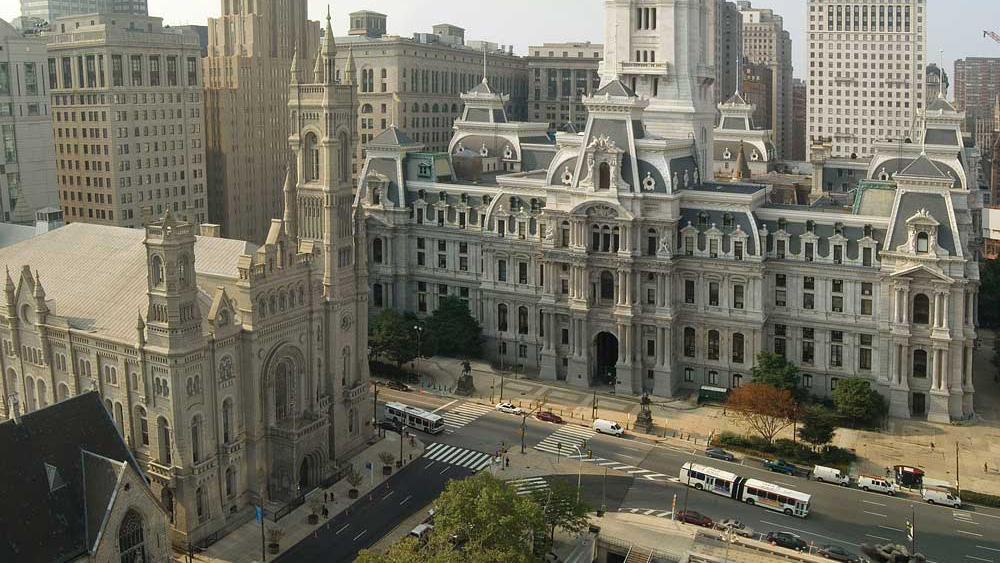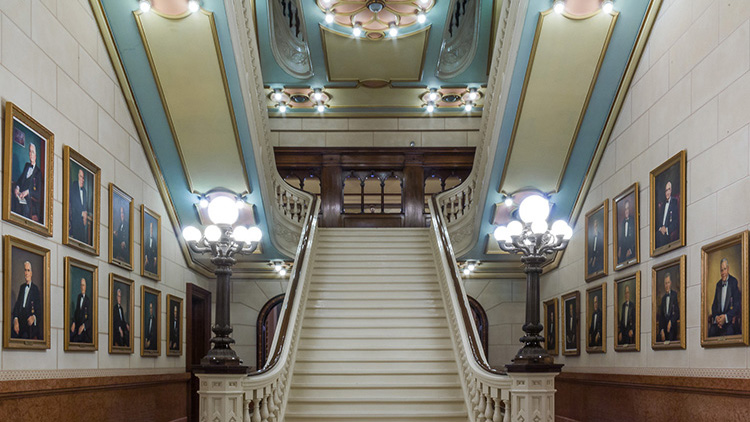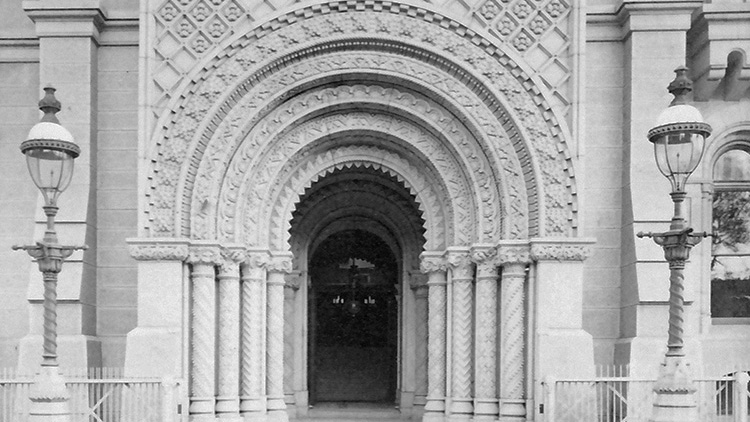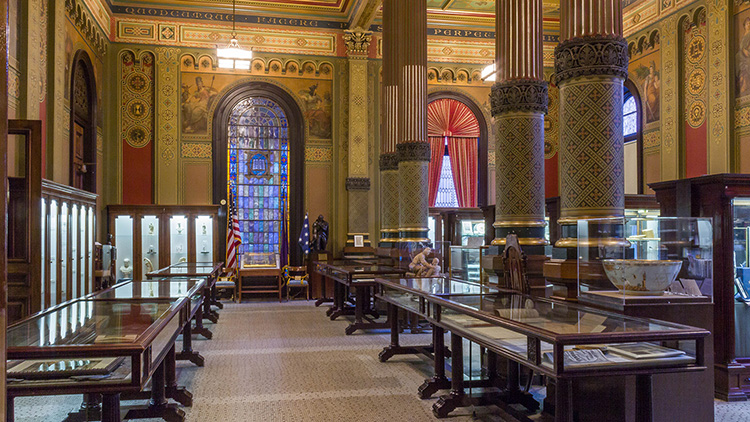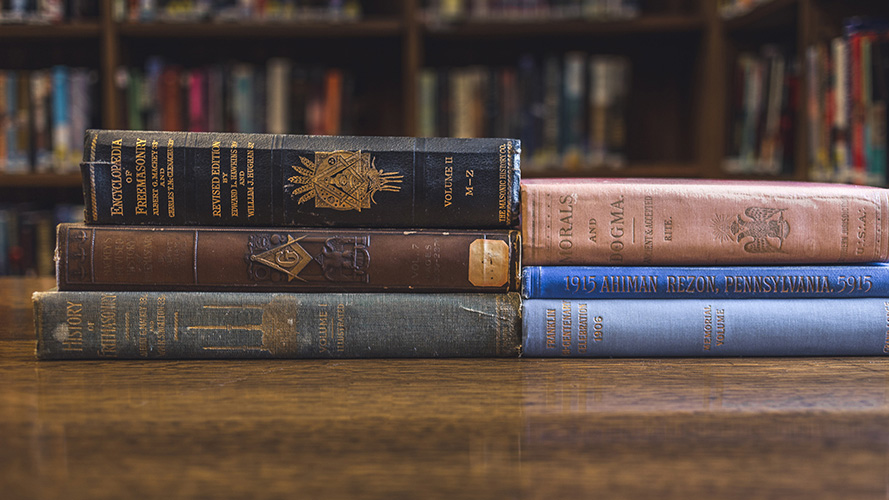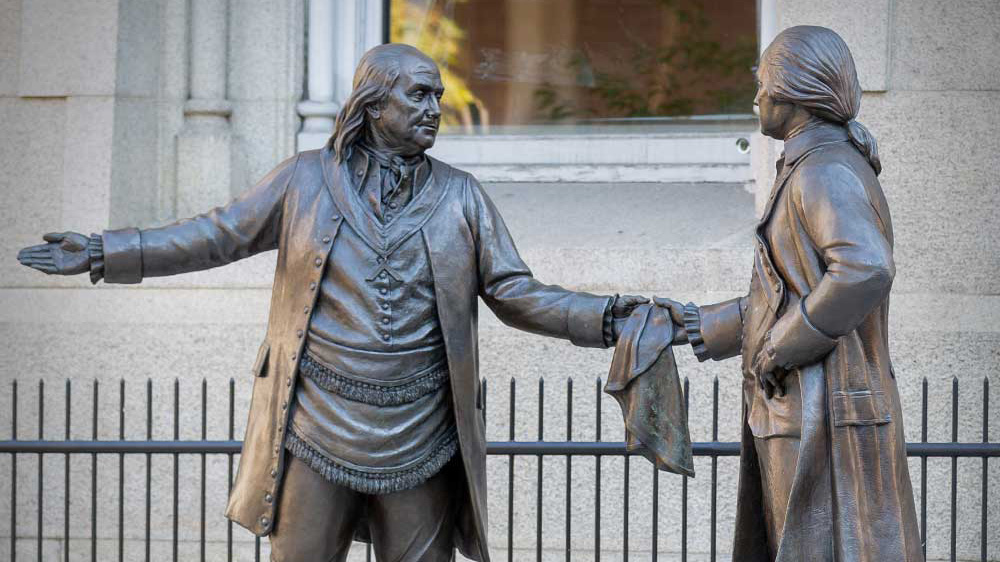Freemasonry: Quest for Immortality
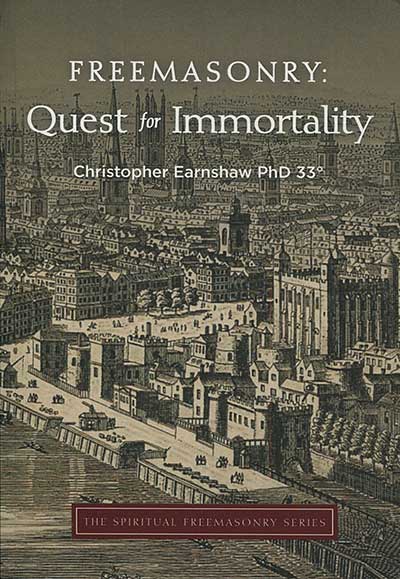 “Freemasonry: Quest for Immortality” by Christopher Earnshaw, PhD, 33°. Reviewed by Cathy Giaimo, Librarian, The Masonic Library and Museum of Pennsylvania.
“Freemasonry: Quest for Immortality” by Christopher Earnshaw, PhD, 33°. Reviewed by Cathy Giaimo, Librarian, The Masonic Library and Museum of Pennsylvania.
“Freemasonry: Quest for Immortality” searches for the reasons the first two degrees were rewritten and expanded by the first three Grand Masters of the Grand Lodge of England after 1717 and for the addition of the Third Degree to Masonic ritual. Brother Dr. Earnshaw asks questions about the relationship between the story of Hiram Abiff and the “Tree of Life” found in the Kabbalah; why atheists are despised in Freemasonry but Catholics welcomed; and why medieval mystery plays play an important part in the development of the Third Degree. These are just a few of questions the author seeks to answer.
In order to better understand how Freemasonry evolved and developed in the early 18th century, Bro. Earnshaw devotes quite a bit of the book to English history during the prior 400 years — explaining the political, social and religious turmoil facing England and its citizens. It is the author’s view that though Freemasonry now accepts all religious beliefs, the degrees were deliberately developed with a Christian influence. This was the era when learned people knew the Bible and studied it, as well as Greek and Latin. The English Enlightenment was flowering during this period and its influence was being felt.
The book looks at the Third Degree and its emphasis on immortality and how it came to be. Here, he discusses the Christian influence, specifically the Protestant view of immortality. It is the author’s opinion that John Desaugliers rewrote the first two degrees and added the Third Degree to emphasize the importance of immortality. It is interesting to note that the subject of immortality was of such importance that it was even discussed in Parliament!
Brother Earnshaw concludes the book, like any good Freemason, with a look at 21st century Freemasonry and what it is lacking in this day and age and what can be done about it.
If you wish to borrow this book or any other found in the Library, please contact the library at 800-462-0430, ext. 1933, or just visit The Masonic Library & Museum online catalog.

